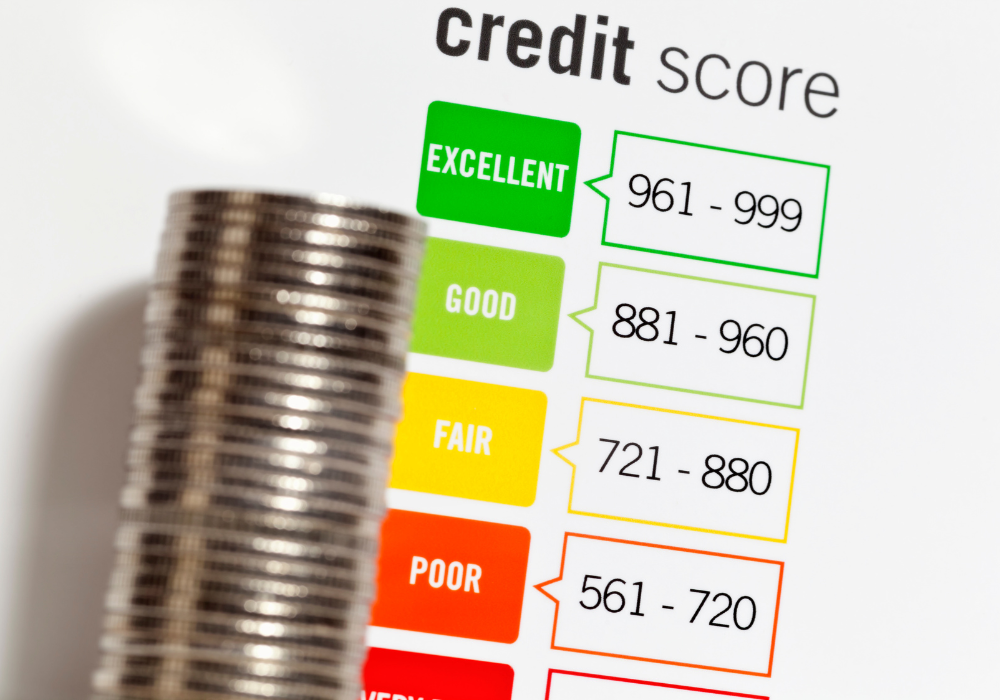In today’s world, doing good isn’t just a nice bonus — it’s a business essential.
Companies everywhere are realizing that how they treat people, the planet, and their internal practices directly affects their bottom line. That’s where ESG comes in.
ESG stands for Environmental, Social, and Governance. It’s a framework that helps businesses make responsible decisions. More importantly, it’s what investors, regulators, and consumers are looking for when deciding where to spend their money — or who to trust.

Let’s break it down and see why ESG matters more than ever.
What Is ESG and Why Should You Care?
Think of ESG as a company’s full-body check-up — not just measuring profit, but also responsibility. It tells the world how well your business treats the planet, people, and policies.
Here’s a closer look at what it includes:
| ESG Factor | What It Covers | Why It Matters |
| Environmental | Carbon emissions, energy use, climate policies, water conservation, waste control | Minimizes ecological damage, lowers long-term costs, and meets growing environmental standards |
| Social | Employee treatment, workplace safety, diversity, human rights, community outreach | Boosts morale, attracts talent, builds customer loyalty, and avoids PR disasters |
| Governance | Leadership ethics, transparency, anti-corruption policies, board independence | Prevents fraud, builds investor confidence, and ensures legal and regulatory compliance |
These aren’t just ideals — they’re performance factors.
A company that pollutes, discriminates, or hides bad practices risks serious consequences: public backlash, lawsuits, and lost investments. On the flip side, companies that lead in ESG tend to be more trusted, more resilient, and more profitable in the long run.

CTA: If your visa is refused it may be refused for one or more reasons.
[BOOK NOW]
ESG Is Not Just for Big Corporations
It’s a common myth that ESG is only for global brands with massive resources. That’s not true.
Small and medium-sized businesses around the world are adopting ESG, and many are leading the way. Why? Because even modest improvements — like switching to energy-efficient lighting or offering parental leave — can create real impact. At the same time, managing your expenses effectively by understanding a good overhead percentage can help keep your business financially healthy and sustainable.
You don’t need a sustainability department to start.
Here’s how businesses of all sizes can take part:
- Use local suppliers to reduce transportation emissions.
- Create a respectful workplace with fair wages and inclusive hiring.
- Be transparent in your business dealings and financial reporting.
Consumers now research who they buy from. Investors look beyond the balance sheet. And regulators, from the EU to Asia-Pacific to the Americas, are adding new ESG reporting rules. Companies that ignore these changes risk falling behind — or worse, facing penalties.
So, whether you run a boutique bakery or a global tech firm, ESG can help future-proof your business and keep you aligned with global expectations.
How ESG Impacts Business Performance
This isn’t just about looking good.
Companies with strong ESG strategies tend to:
- Reduce risk
- Improve financial returns
- Attract long-term investors
- Get easier access to capital
- Win customer loyalty
ESG practices can reduce capital costs and increase a company’s valuation. Environmental responsibility, in particular, is no longer seen as an optional extra but as a standard expectation.
This is because ESG helps businesses anticipate future risks, such as climate change, social instability, or corporate misconduct, which could harm their reputation or lead to financial setbacks.
Additionally, keeping an eye on the effects of global trade tensions on local economies can help businesses better prepare for economic uncertainties beyond their control.
Common Myths About ESG – And the Truth
Some folks still think ESG is optional or risky. Let’s clear that up:
| Myth | Reality |
| ESG hurts profits | Companies with strong ESG often perform better financially |
| ESG is a passing trend | ESG is growing rapidly and becoming a global standard |
| Investors avoid ESG companies | Many investors now only consider ESG-aligned investments |
| ESG is all about climate | Social and governance factors matter just as much |
| One-size-fits-all approach | ESG strategies vary across industries and locations |
Bottom line: ESG is not a marketing gimmick. It’s a smart business strategy.
Why Companies Must Act Now
Still on the fence? Here’s what’s at stake:
- Financial Stability: ESG boosts resilience, especially during market turbulence.
- Regulatory Pressure: Governments worldwide are mandating ESG reporting.
- Investor Expectations: ESG-focused funds are on the rise.
- Risk Control: Helps identify threats before they become disasters.
- Competitive Advantage: ESG earns customer trust — and keeps you ahead of your peers.
And according to estimates, ESG-related assets could hit $50 trillion by 2025. That’s not small change.
The Future of ESG: What’s Coming Next
The demand for ESG isn’t slowing down.
Consumers care more about the companies behind the products they buy. Employees want to work where they feel safe and valued. Investors are moving money into sustainable businesses.
Also, tech will play a bigger role — helping track ESG data, reduce carbon output, and improve reporting accuracy. Companies that embrace ESG today are laying the groundwork for long-term growth and relevance.
Those that don’t? They risk falling behind.
Final Thoughts
ESG is more than just a buzzword — it’s a business necessity.
In today’s economy, companies are expected to do more than generate profit. They’re expected to protect the environment, treat people fairly, and operate with integrity. This isn’t just a moral obligation — it’s a strategic one.
A solid ESG strategy can improve reputation, reduce risks, attract investors, and open doors to long-term growth. It can also help businesses stay ahead of tightening regulations and rising consumer expectations.
No matter your size or industry, embracing ESG shows that your business is serious about building a sustainable and responsible future — and that’s something stakeholders around the world now look for.
FAQs
Q: What does ESG stand for?
A: ESG means Environmental, Social, and Governance. It’s a way to measure how responsibly a company operates.
Q: Is ESG only important for large companies?
A: Not at all. Businesses of all sizes can benefit from ESG — even small changes make a big impact.
Q: How does ESG help with profits?
A: It can reduce costs, avoid fines, attract investors, and improve customer trust — all of which boost profits over time.
Q: Do all countries follow the same ESG rules?
A: No. ESG expectations vary by region, but global pressure is increasing for businesses everywhere to adopt strong ESG practices.
Q: Can ESG really help in a crisis?
A: Yes. Companies with strong ESG frameworks are usually more prepared to handle crises like climate events, legal troubles, or public backlash.
More helpful guide:










